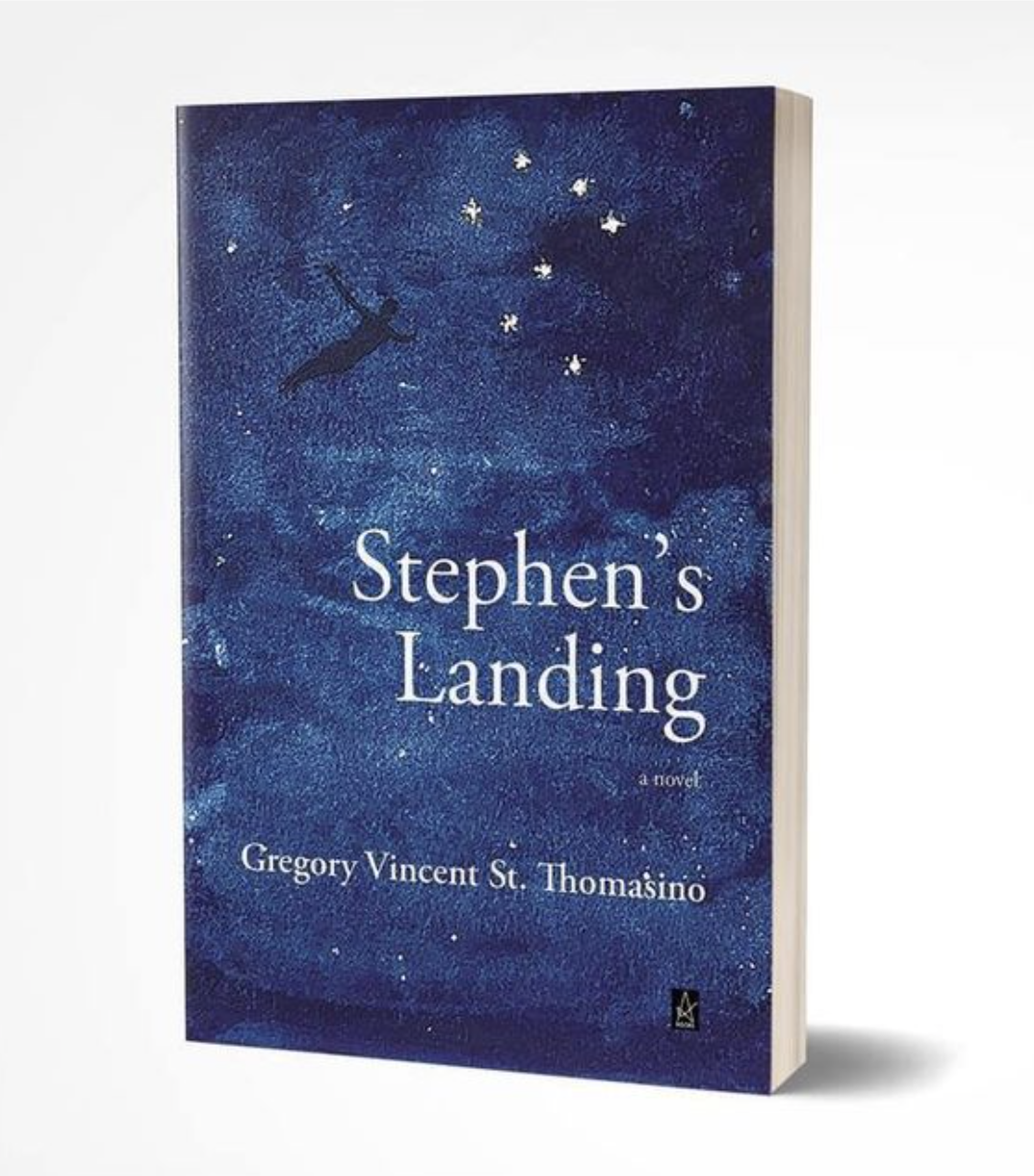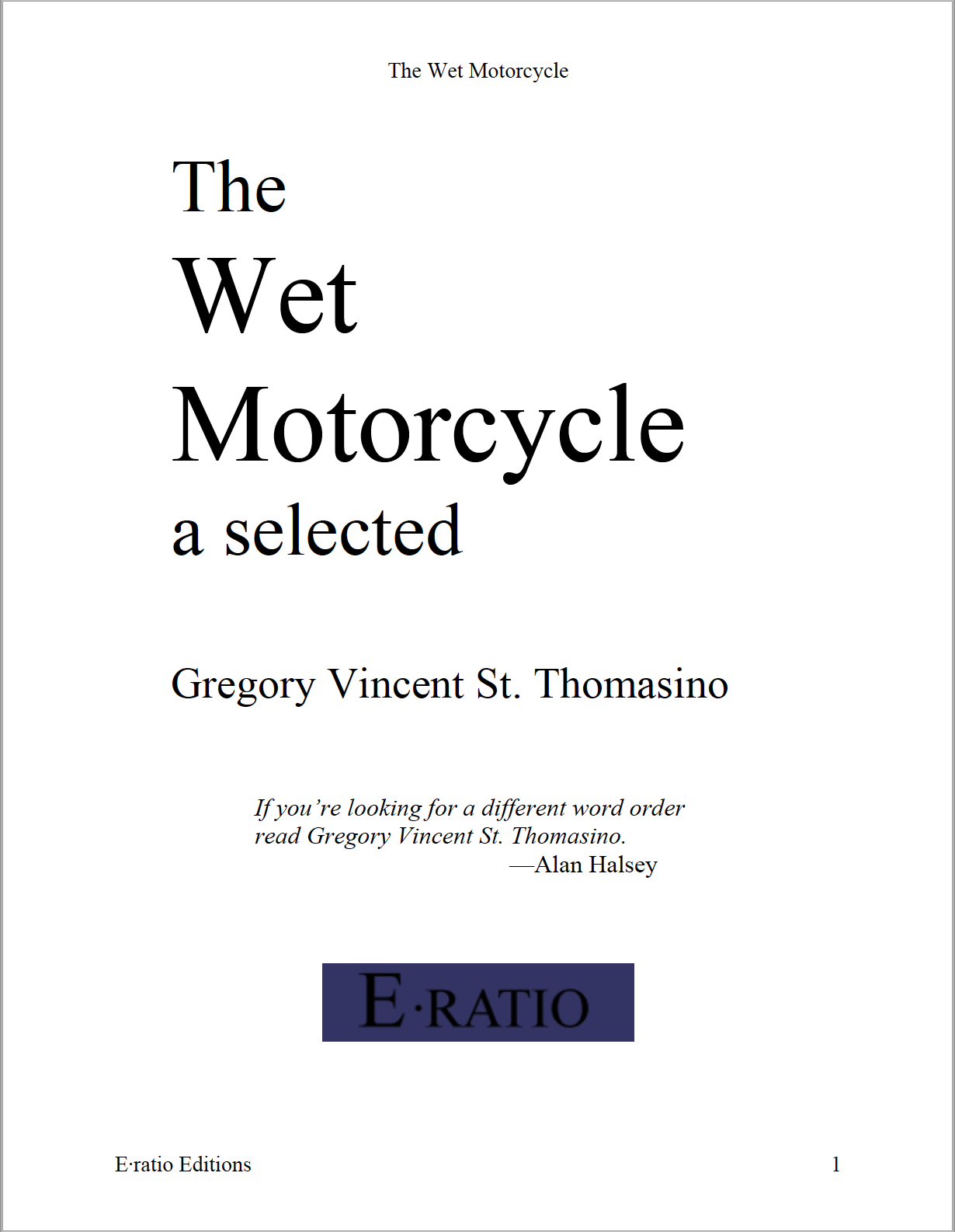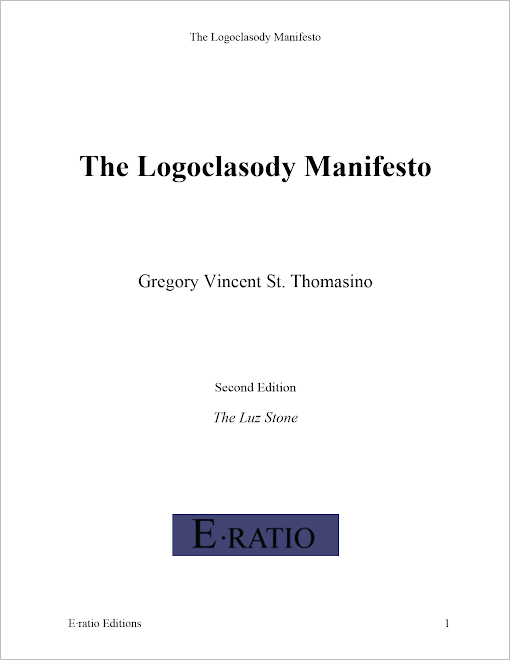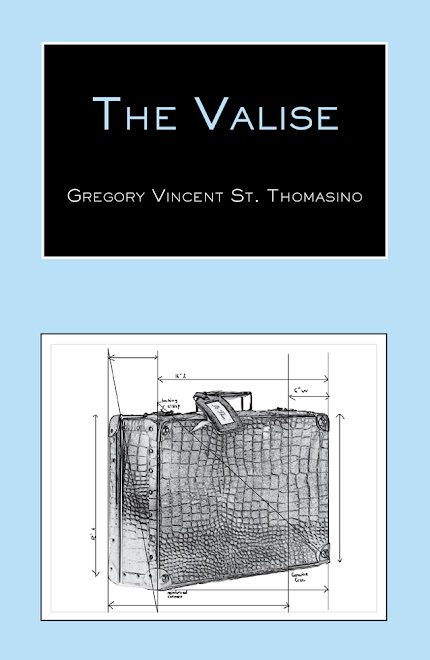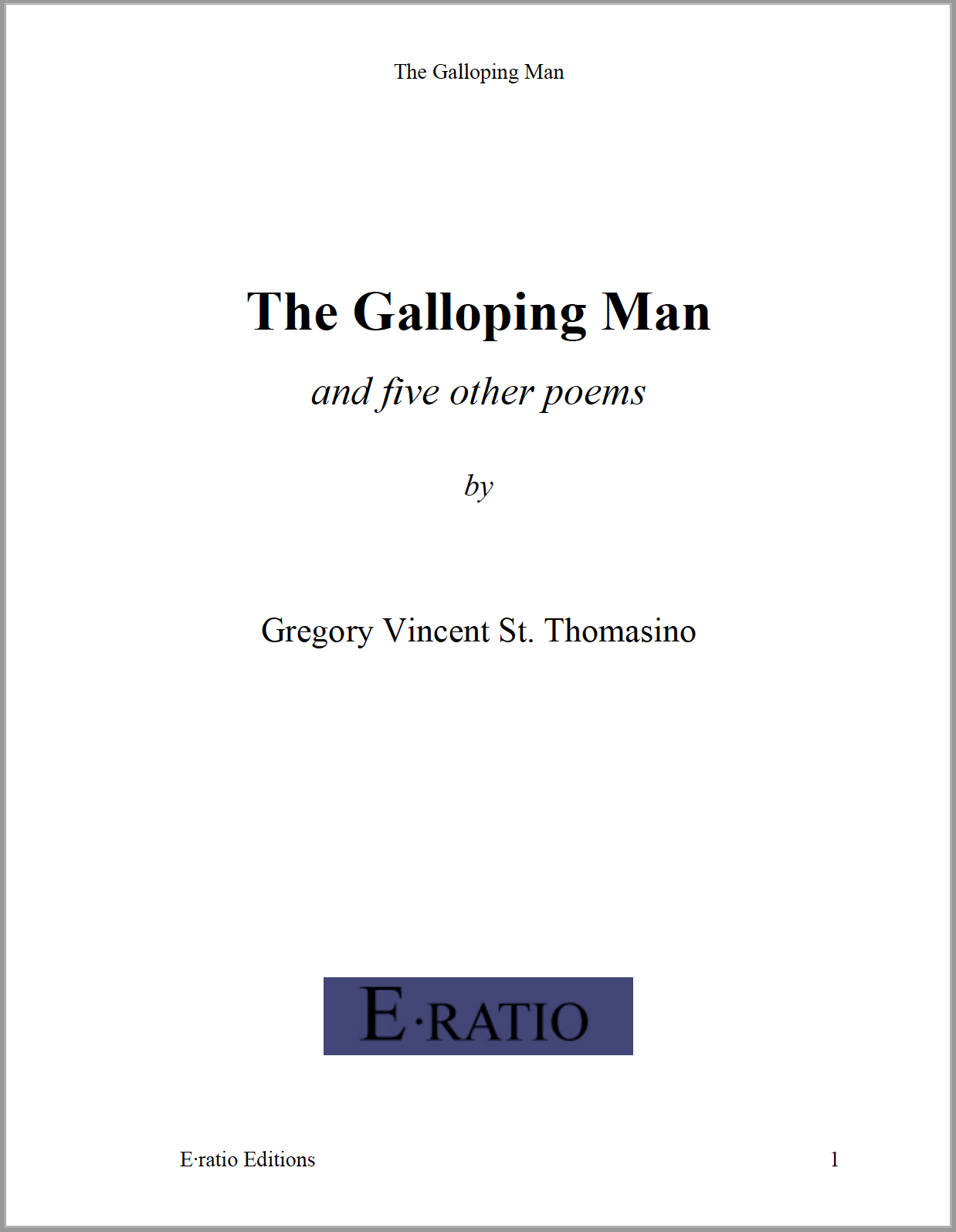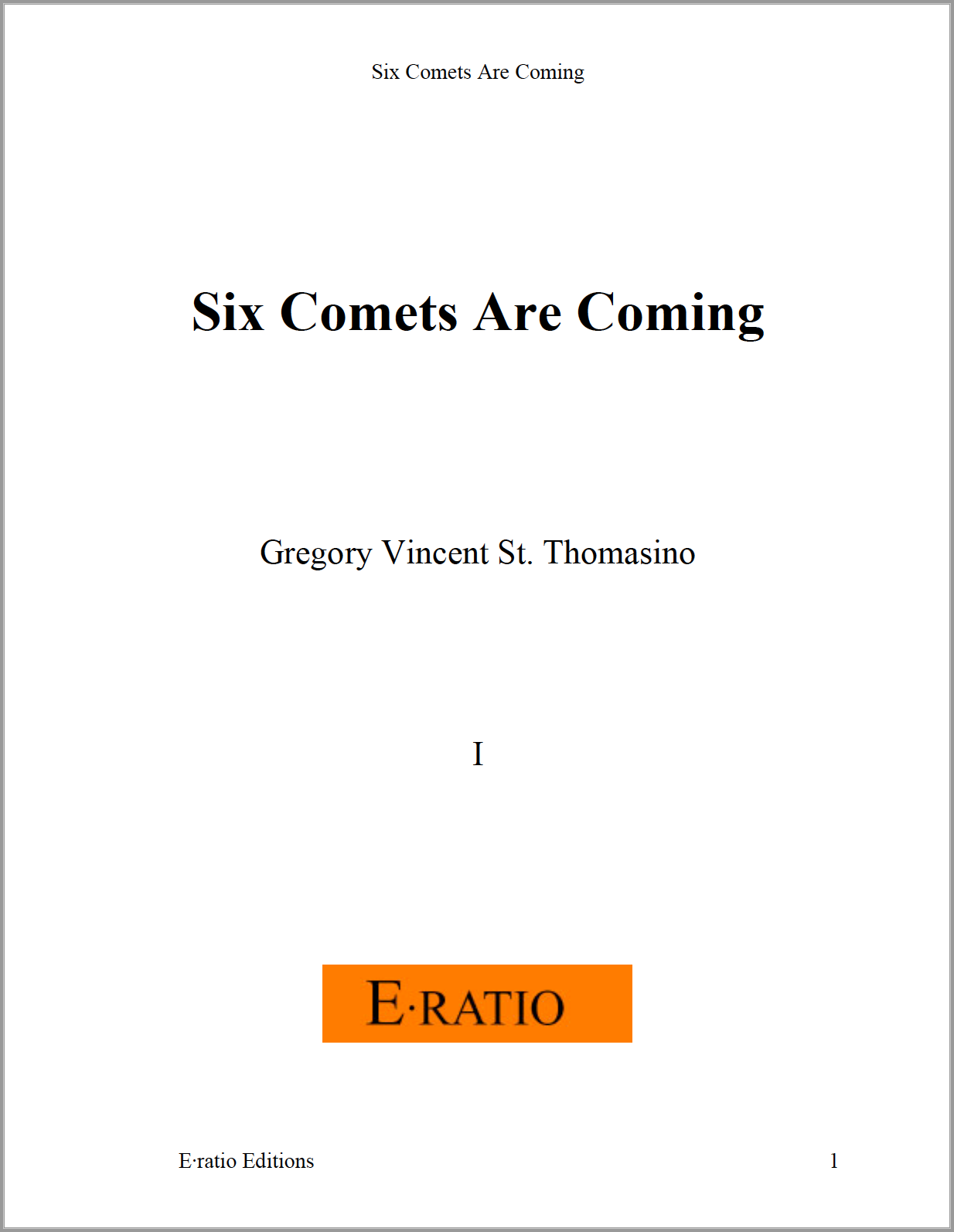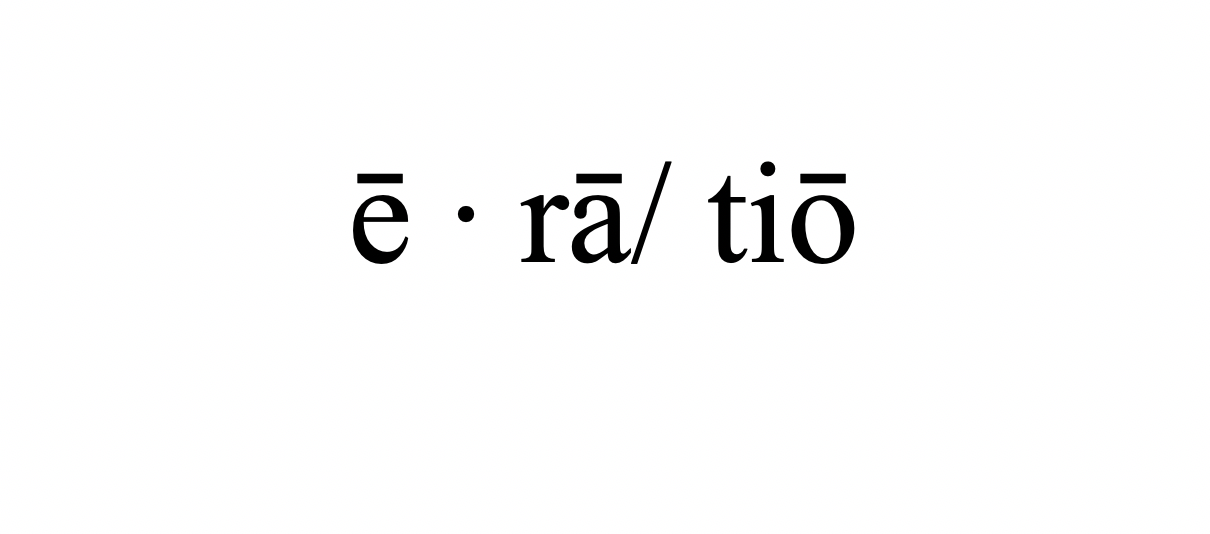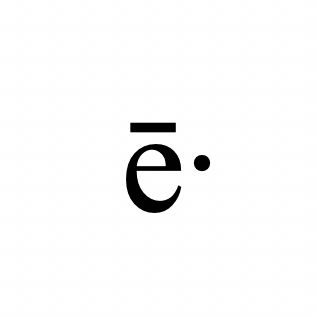*-).)

*2:2%23%2B%23%232_St.Thomasino.jpg)
The digital traduction is at once a translation and a transmission, a giving over and a return. To the poet, and the poetics of chora, the ultimate success is entirely fortuitous, ah but that is the dominant seventh!
From the introduction:
When you can control what you have no control over, it is no longer a matter of control, but of cooperation, coordination, and receptivity. That is, when assuming a posture (a comportment—a matter of the sensibilities) of "least resistance" ["I have no desire to program you."] towards the technology. [And not unlike "apprehending" a "ready-made."]
The technology doesn't know it is "creating poetry." [Language—or in this case, symbols for signifiers for specific letters, symbols and punctuation marks—doesn't know when it is poetry. But what if it did?]
The technology has no consciousness. The technology doesn't know it is "creating." Stochastic traductions are happening all the time. Are you conscious of this? What is the ambit of your "overall"?
"It goes without saying that dissonances and noises are welcome in this new music. But so is the dominant seventh if it happens to put in an appearance." —John Cage
"Truth is the revealing of what is concealed." —Martin Heidegger
e·


